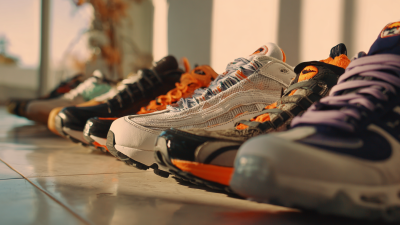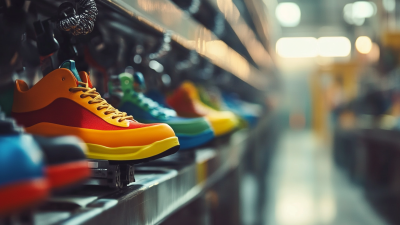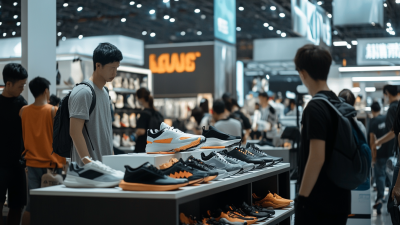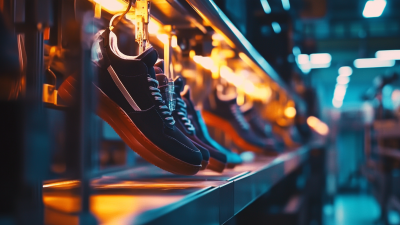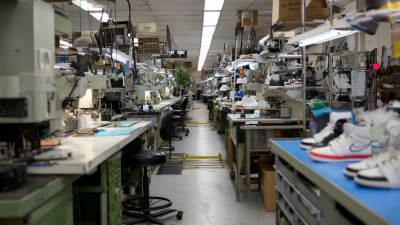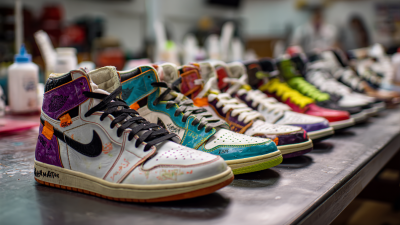
Choosing the right sneaker factory for custom shoe production is a critical decision for brands looking to thrive in the highly competitive footwear market. According to a 2022 report by Allied Market Research, the global sneaker market is projected to reach $102.5 billion by 2025, highlighting the immense growth and demand for innovative designs. With consumers increasingly seeking personalized footwear experiences, partnering with a capable sneaker factory is essential for brands aiming to differentiate within this booming industry. A well-chosen factory not only ensures high-quality materials and craftsmanship but also aligns with sustainability practices that modern consumers prioritize. Understanding the landscape of sneaker manufacturing, including factors like production capacity, technological capabilities, and lead times, can help brands navigate the complexities of custom shoe production and successfully cater to the evolving tastes of their target market.
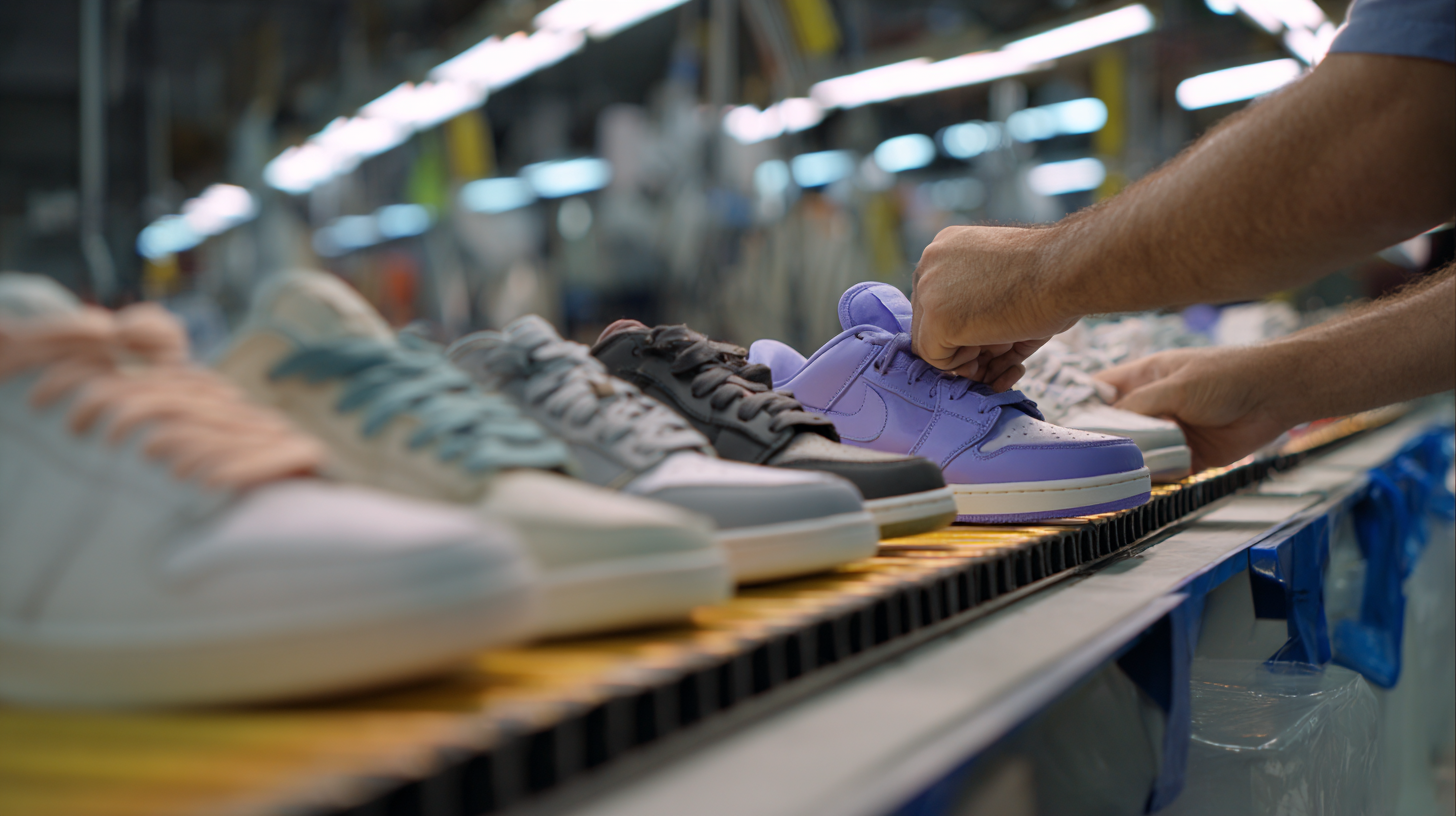
Choosing the right custom sneaker factory involves meticulous consideration of several key factors that can significantly influence the production quality and efficiency. First, assess the factory's production capabilities, including technology, materials, and craftsmanship. A factory that invests in advanced machinery and sustainable materials is more likely to produce high-quality shoes that meet modern consumer demands. Moreover, a well-trained workforce contributes to superior craftsmanship, leading to durable and appealing products.
Next, evaluate the factory's track record and reputation in the industry. This includes looking at past projects, client testimonials, and the factory's ability to meet deadlines and specifications consistently. A data-driven approach can be beneficial, utilizing metrics such as order fulfillment rates and customer satisfaction scores to guide your decision. Additionally, consider the factory's responsiveness and communication style, as a collaborative partnership is vital for addressing challenges during production and ensuring that the final product aligns with your brand vision. By focusing on these crucial factors, you can make an informed choice that enhances the overall success of your custom sneaker line.
When selecting a sneaker factory for custom shoe production, it's crucial to evaluate their manufacturing capabilities. Start by assessing the factory's production capacity to ensure they can meet your order volume within your desired timeline. A factory with scalable operations can adapt to your evolving demand, providing flexibility for future growth.
Technology also plays a significant role in the quality of the final product. Investigate the machinery and production methods used by the factory. Modern equipment typically means better precision and efficiency, which translates into higher-quality sneakers. Look for factories that implement automated processes while maintaining skilled labor to leverage both cutting-edge technology and craftsmanship.
Tips: Always request samples from potential factories to evaluate their quality firsthand. Establish clear communication regarding quality standards and ask about their quality assurance processes. Don’t hesitate to visit the factory if possible; seeing the operations in person can provide valuable insights into their capabilities and commitment to quality.
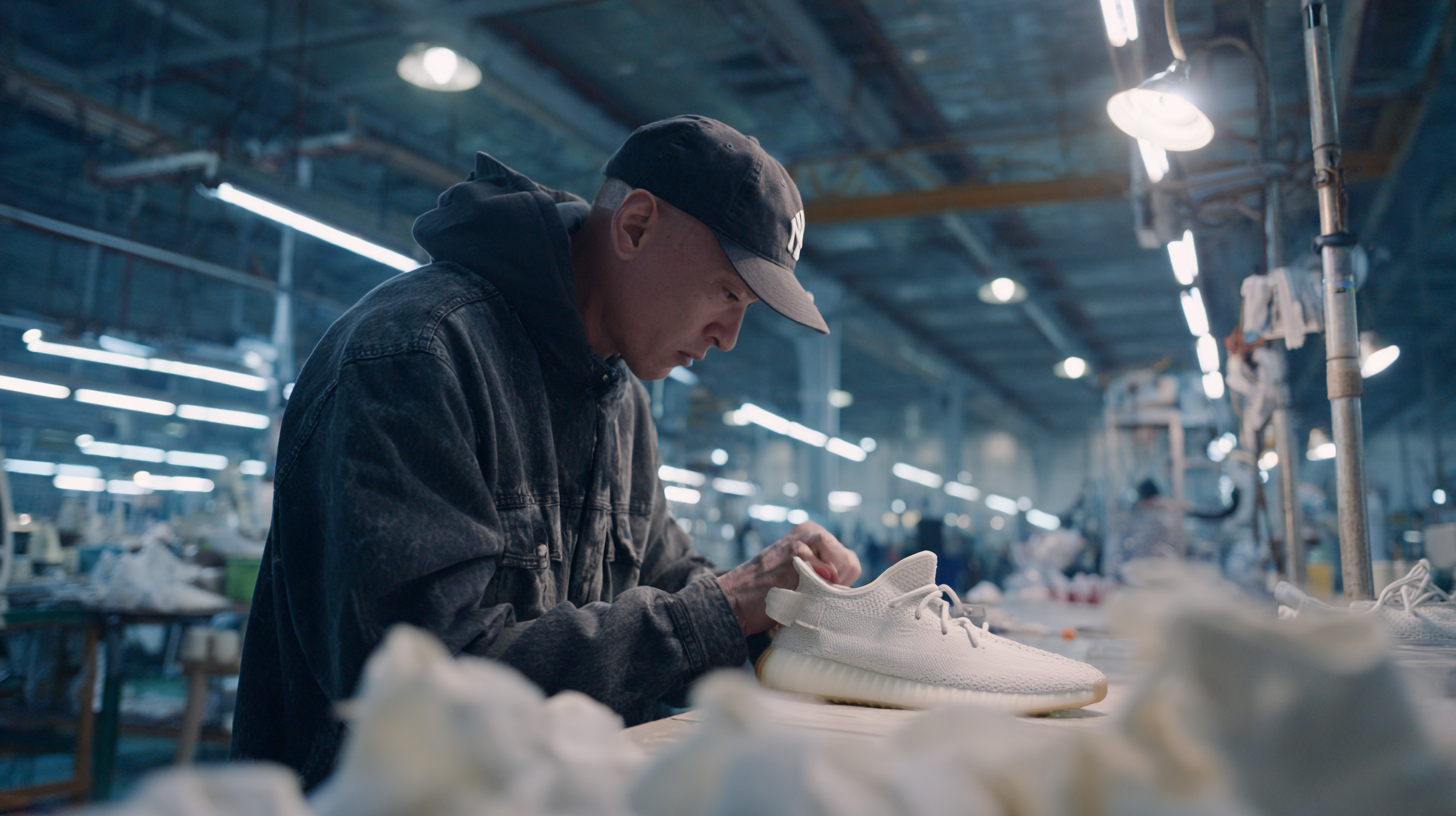 When selecting the right sneaker factory for custom shoe production, understanding the pricing structures is crucial. For businesses, balancing cost and quality directly impacts the final product's success. The initial investment might seem steep, but assessing the long-term ROI is vital. Factories often have tiered pricing models based on the materials used, production volume, and additional services offered, such as design assistance or expedited delivery. Therefore, it’s essential to clarify what each pricing tier includes to avoid unexpected costs down the line.
When selecting the right sneaker factory for custom shoe production, understanding the pricing structures is crucial. For businesses, balancing cost and quality directly impacts the final product's success. The initial investment might seem steep, but assessing the long-term ROI is vital. Factories often have tiered pricing models based on the materials used, production volume, and additional services offered, such as design assistance or expedited delivery. Therefore, it’s essential to clarify what each pricing tier includes to avoid unexpected costs down the line.
Moreover, the interplay of cost and quality plays a significant role in customer satisfaction. While it can be tempting to opt for the most economical option, this choice might lead to compromised quality, affecting brand reputation. It is beneficial to conduct thorough research, comparing different factories’ offerings and customer feedback. A factory that provides a reasonable price point while ensuring high-quality standards is invaluable for businesses looking to establish a solid market presence in the competitive footwear industry.
When choosing a sneaker factory for custom shoe production, factory experience is a crucial factor that significantly influences the quality and reliability of the final product. According to a recent report by Allied Market Research, the global custom footwear market is projected to reach $14.9 billion by 2025, indicating a growing demand for specialized manufacturing capabilities. A factory's reputation often mirrors its experience, with established factories typically boasting higher skill levels, better craftsmanship, and more stringent quality control processes.
Tips: Before making a decision, research the factory's history, looking into their past projects and customer testimonials. A factory with over 10 years of experience is often more equipped to tackle unique design requests and adapt to the latest trends in custom shoe production.
Moreover, consider the factory's certifications and industry standards compliance. A reputable factory will usually have certifications such as ISO 9001 that assure quality management systems are in place. Recent data from the Footwear Distributors and Retailers of America (FDRA) highlights that brands collaborating with certified factories experience fewer production delays and reduced defect rates.
Tips: Schedule a factory visit to assess their operations firsthand and engage with staff to understand their expertise better. This personal evaluation can provide invaluable insights into their manufacturing processes and innovation capabilities.
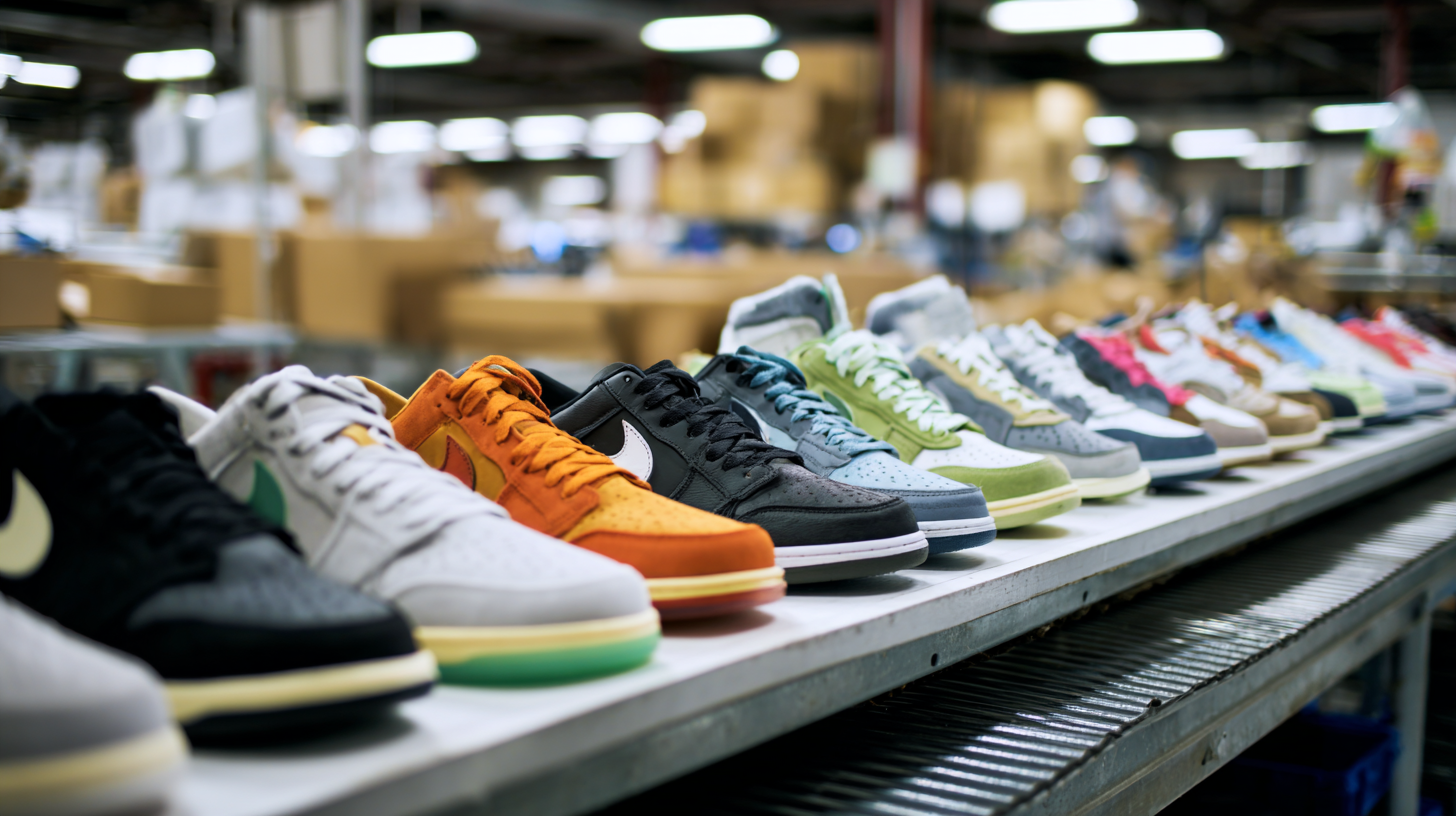
When selecting a sneaker factory for custom shoe production, assessing supply chain efficiency is crucial for ensuring timely delivery and reliable material sourcing. A factory’s proximity to suppliers can significantly impact lead times; therefore, choosing a location that fosters collaboration between the factory and its material providers can streamline the production process. This geographical advantage often translates into quicker turnaround times and reduced shipping costs, enhancing overall responsiveness to market demands.
Moreover, it's essential to evaluate the factory's relationships with its suppliers. A strong network of reliable suppliers can guarantee the availability of high-quality materials when needed. Inquire about the factory’s sourcing strategies and how they manage inventory levels to prevent delays. Effective communication across the supply chain also plays a pivotal role in mitigating risks associated with material shortages or production delays. By prioritizing factories with robust supply chain systems, brands can enhance their operational efficiency and maintain a competitive edge in the custom sneaker market.
